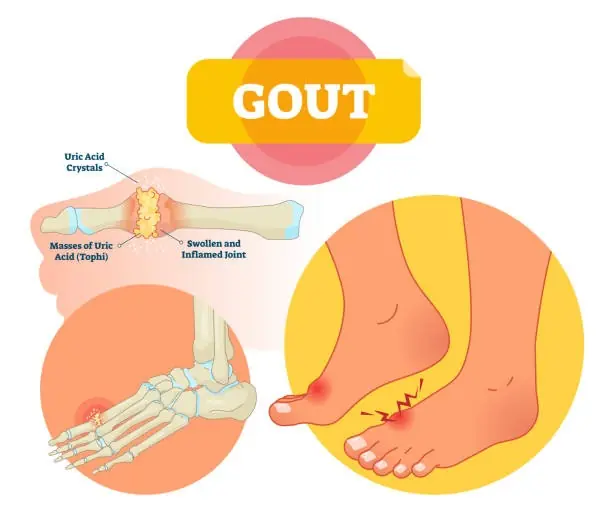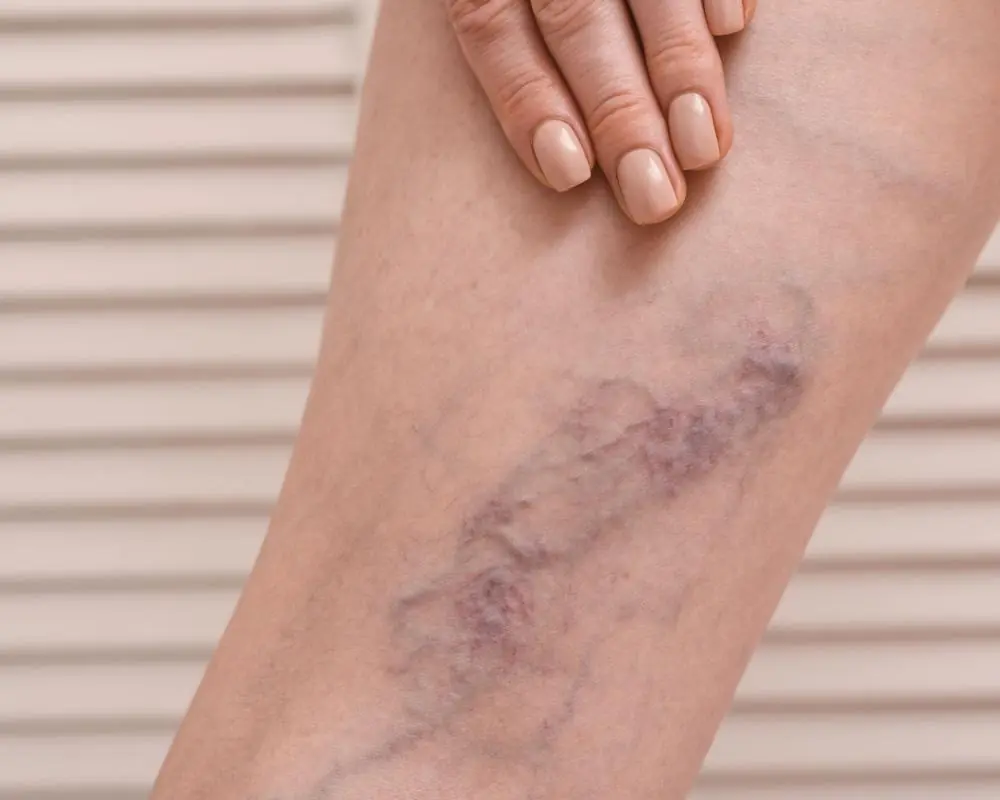
Revolutionary Alzheimer's Treatment: Sound Waves Used to Remove Brain Plaques and Restore Memory
A groundbreaking study has revealed a fascinating new approach in the fight against Alzheimer's disease: scientists have discovered that precise sound waves can be used to remove toxic plaques in the brain, potentially helping to restore memory in Alzheimer's patients. These plaques, which are one of the defining characteristics of Alzheimer's, disrupt brain function, leading to progressive memory loss and cognitive decline. The ability to target and clear these plaques using non-invasive sound waves could offer a revolutionary treatment option for millions of people suffering from this devastating disease.
The research demonstrated that by directing focused sound waves at the brain, scientists were able to break down the amyloid plaques that accumulate in the brains of Alzheimer's patients. These plaques are composed of protein fragments that aggregate and interfere with communication between brain cells, impairing memory and cognitive functions. The results of the study showed that, by using sound waves to clear these toxic deposits, the neural circuits in the brain were able to recover, which led to improved memory function in experimental models. This breakthrough represents an exciting step toward more effective treatments that go beyond merely managing symptoms to actually addressing the root cause of Alzheimer's disease (Source: National Institute on Aging).
The implications of this discovery are profound. Currently, Alzheimer's treatments primarily focus on alleviating symptoms or slowing down the progression of the disease, but none offer a true cure. The innovative sound wave therapy works differently by targeting and removing the amyloid plaques that cause much of the damage to the brain. This method is non-invasive, precise, and has the potential to offer significant improvements in memory and cognitive function, all without the need for surgery or other invasive procedures. For patients, this could mean a future where Alzheimer's is not just treated but actively fought against at a deeper, biological level.
One of the most promising aspects of this new approach is its non-invasive nature. Unlike other potential treatments that may involve surgery or the use of invasive drug therapies, sound wave therapy could be administered without the need for cuts or injections. This makes it a much more accessible and potentially safer option for patients, especially those in the early to moderate stages of Alzheimer's. Moreover, because it is targeted and can be precisely controlled, the treatment carries fewer risks and side effects than many current Alzheimer’s treatments (Source: Alzheimer's Association).
However, experts caution that while the results are promising, further research is needed before this therapy becomes widely available. Clinical trials are still in the early stages, and the long-term safety and effectiveness of the technique must be thoroughly evaluated. Scientists are working to refine the technology and determine how it can be best applied to humans. Additionally, they must figure out how to make the treatment scalable and accessible to a global population. While the promise is great, experts emphasize that this is still a developing field, and much work remains before this method can be used as a standard treatment for Alzheimer's patients (Source: Mayo Clinic).
Despite these challenges, the findings of this study represent a significant leap forward in the treatment of Alzheimer's disease. The potential for a non-invasive, precise, and life-changing treatment that can actually clear the plaques responsible for much of the disease’s progression is a game changer. If further studies confirm these results, it could radically change the landscape of Alzheimer’s treatment and offer hope to millions of families worldwide who are grappling with the devastating effects of the disease.
In conclusion, while this discovery is still in the experimental phase, it offers a beacon of hope for the future. The use of sound waves to target and remove amyloid plaques may open the door to treatments that not only manage Alzheimer's symptoms but also address the root causes of the disease. As research progresses, the dream of a more effective, non-invasive treatment for Alzheimer's could become a reality, offering hope to those affected by this neurological condition and improving the quality of life for millions.
News in the same category


Transforming Oil into Green Prosperity: The Success of Norway’s Sovereign Wealth Fund

Maximize Broccoli's Cancer-Fighting Power: The Simple Trick That Boosts Sulforaphane Formation

Hidden Fungi in Your Nose: A Surprising Cause of Allergies and Asthma

From Dialysis to Remission: How New Drugs Are Changing the Fight Against Chronic Kidney Disease

The Hidden Beauty of Grass: Discovering Smiling Faces Under the Microscope

The Quiet of Blue Whales: How Climate Change is Affecting Whale Behavior and Ecosystems

The Arrival of Mosquitoes in Iceland: A Sign of Shifting Ecosystems and Public Health Risks

PP405: A Promising New Drug That Could Revolutionize Hair Loss Treatment by Reactivating Dormant Hair Follicles

Astronomers Capture Groundbreaking Image of New Solar System Formation

Denmark's 'Rolling Grocer' Initiative Brings Fresh Food and Community Connection to Rural Seniors

Mosquitoes Discovered in Iceland for the First Time: A Warning of Climate Change Effects

Denis Vashurin: The Man Who Appears as a Teenager Despite Being in His 40s

M.K. Prakasan: The Teacher Who Swims 12 km Daily to Educate Students in Kerala

Belgian Prodigy Laurent Simons Earns PhD in Quantum Physics at Just 15 Years Old

Revolutionary Cancer Treatment: Activating Immune Structures Within Tumors to Shrink Cancer and Prevent Relapse

Linking Digestive Health, Vitamin D, and Neurodegenerative Diseases: A Pathway to Cognitive Health

The 400-Year-Old Greenland Shark: A Living Witness to Centuries

The Hidden Dangers of Long-Term Energy Drink Consumption
News Post

Dirty fan? No need to remove the frame or use water: This simple method makes your fan spotless and shiny

Few Know This Trick To Stop Uric Acid Crystals From Destroying Joints

WHAT IS THROMBOSIS? SYMPTOMS AND HOW TO PREVENT IT

Natural Eyelash Growth Remedies – Oils, Serums & Home Treatments

From Space to Earth: The Science Behind Felix Baumgartner’s Record-Breaking Jump

Transforming Oil into Green Prosperity: The Success of Norway’s Sovereign Wealth Fund

Maximize Broccoli's Cancer-Fighting Power: The Simple Trick That Boosts Sulforaphane Formation

Hidden Fungi in Your Nose: A Surprising Cause of Allergies and Asthma

From Dialysis to Remission: How New Drugs Are Changing the Fight Against Chronic Kidney Disease

The Hidden Beauty of Grass: Discovering Smiling Faces Under the Microscope

The Quiet of Blue Whales: How Climate Change is Affecting Whale Behavior and Ecosystems

The Arrival of Mosquitoes in Iceland: A Sign of Shifting Ecosystems and Public Health Risks

PP405: A Promising New Drug That Could Revolutionize Hair Loss Treatment by Reactivating Dormant Hair Follicles

Astronomers Capture Groundbreaking Image of New Solar System Formation

Denmark's 'Rolling Grocer' Initiative Brings Fresh Food and Community Connection to Rural Seniors

Mosquitoes Discovered in Iceland for the First Time: A Warning of Climate Change Effects

Denis Vashurin: The Man Who Appears as a Teenager Despite Being in His 40s

M.K. Prakasan: The Teacher Who Swims 12 km Daily to Educate Students in Kerala
